The fact that breathing practices can lead to self-healing and improved quality of life is no longer a secret. However, not many of us take advantage of our self-healing abilities, mostly because we simply don’t know what techniques to practice to experience tangible benefits.
If you would like to experience the power of breathing practices, I highly recommend practising breathing with Wim Hoff, the world-renowned legend known as ‘The Iceman’.
The Incredible Wim Hof
Having become an icon for his astounding achievements and withstanding extreme temperatures, Wim has broken over 20 world records, including running a marathon above the Arctic Circle on his bare feet, climbing Mount Kilimanjaro in shorts, and standing in a box filled with ice cubes for more than 112 minutes.
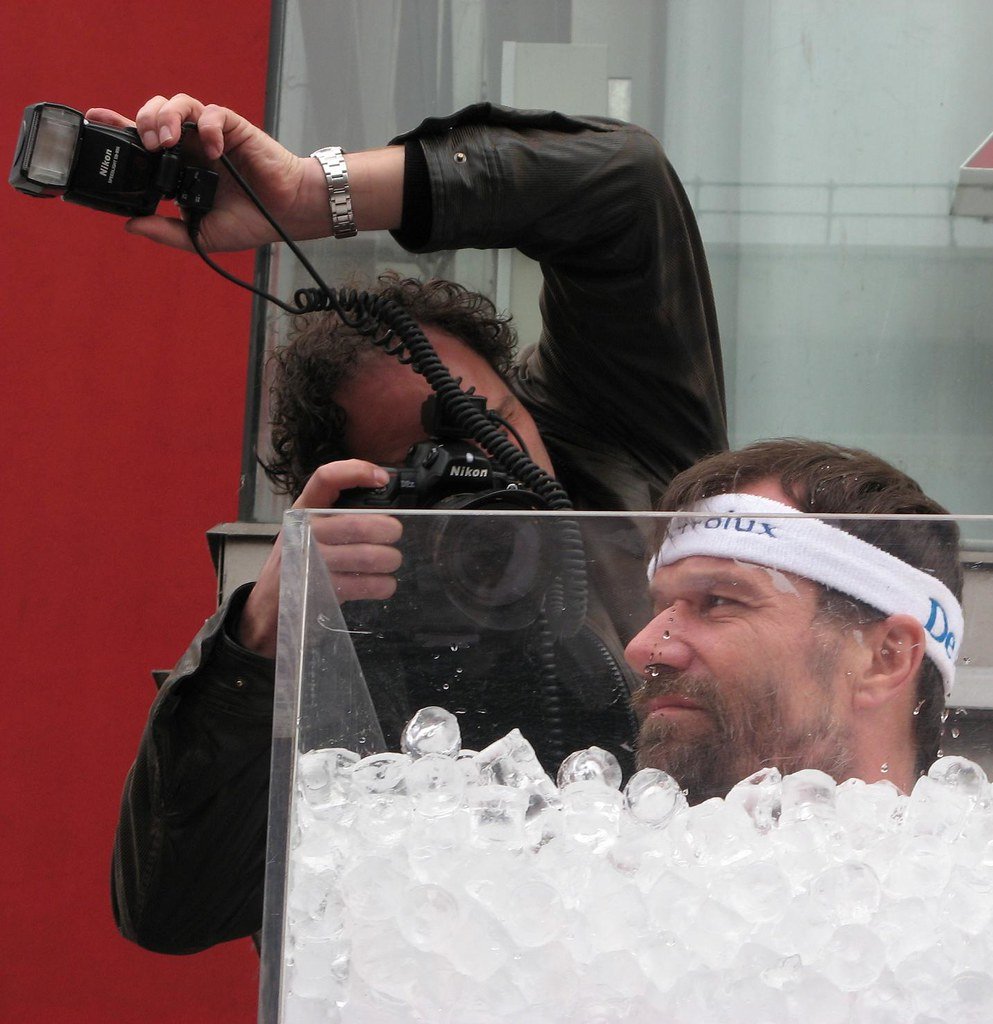
The Wim Hof Method
Yet his most remarkable achievement is the creation of the Wim Hof method – a science-backed method that focuses on three aspects: Cold, breathing and mindset. The method has helped thousands of people to transform their lives by accessing the deepest parts of their brains and master mind over matter.
People who have followed his method have reported multiple benefits, such as more energy, improved health due to stronger immune system, better emotional resilience and increased happiness, less stress and anxiety, better sleep, improved focus, and feeling more in control of their lives.
The Iceman’s Mission
Wim Hof’s mission is to show us that his achievements are not superhuman, but that all of us have the ability to achieve the seemingly impossible through strengthening our immune systems and diminishing our stress levels through his powerful method that anyone can use to improve health and performance – and often see real results within just a few days.

The Benefits Of Breathwork
In this post, we will focus on the aspect of breathing, and breathe along with Wim Hof’s instructional video. Breath is a very powerful connection between the body and the mind. Apart from eye blinking, it is the only function in our body that we can do either completely voluntarily, consciously (e.g. slow it down, deep in, hold it etc.), and completely involuntarily, unconsciously.
We can use our body to produce rhythms of breathing that induce similar rhythms in the involuntary nervous system.
Breathing can be seen as the only bridge through which we can access our involuntary nervous system and influence its function.
Breathwork Can Prevent or Heal Symptoms of Chronic Stress
An enormous number of illnesses are rooted in over-activity of the sympathetic nervous system. The sympathetic nervous system governs the fight or flight response, and if we stay stressed for long periods, our body stays in a long-term fight or flight response, which causes damage to the body.
Long-term, chronic stress can result in mental health problems, such as depression, anxiety, or personality disorders. It can also lead to obesity, cardiovascular diseases, heart attacks, or stroke. Another one of the bad effects of long-term stress is that the body becomes too acidic, which is the ideal environment for cancer cells.
The good news is that breathwork is a natural, cost-free way of preventing these symptoms, or sometimes even – if you are ill already – getting to the root of the disease processes and changing them.
Slowing and Deepening Our Breathing
One of the most important goals of breathtwork is to make your breathing deeper, slower, quieter and more regular.
We should become aware of our breathing, and try to move it in a direction of becoming deeper and slower.
Because by doing that, we’ll be inducing the rhythms of our involuntary nervous system, which will positively affect your heart, blood vessels, digestive system, skin, and much more.
There is also a close correlation between how you breathe and your emotional state. If you observe people who are angry, upset, afraid, or nervous, you’ll notice that their breathing is irregular, shallow, noisy, rapid et al. You cannot be in a calm emotional state while breathing in a rapid, interrupted noisy way.
Conversely, it’s hard to be angry, upset, or anxious while breathing in a deep, slow, quiet way. So, breathing is a powerful tool that you can use to regulate your emotions. This can work for severe kinds of anxiety.
When you discover that through regulation of breath you can regulate moods, prevent anxiety attacks, you will feel empowered and reassured that ultimately, you are in control of your emotional states, and you can regulate your health to a great extent.
Breathing Can Change your Chemistry
To back his breathing technique, Wim explains that oxidative stress comes through shallow breathing and through all the external pressure in our lives. This deregulates our chemistry.
But breathing techniques can regulate your chemistry in a positive way. Your breathing will make contact with your immune system and with your nervous system on a very deep level, and strengthen both.
It will also make your body more alkaline – the opposite of acidic, which is the best prevention against cancer.
Adrenaline in Small Amounts Can be Beneficial
Furthermore, this type of conscious breathing will release adrenaline (also known as epinephrine. People with anaphylactic shock – a strong allergic reaction are treated with a tool called EpiPen, which is named after epinephrine.)
Adrenaline is often associated with stress, and, as already mentioned, chronic stress is harmful to your body. However, when released in small doses, and only temporarily, adrenaline can actually benefit your health by boosting your immune system. Just as adrenaline prepares your body for a fight or flight response, it also boosts your ability to fight off infections, which is the fact that Wim Hof utilises in his breathing method.
What’s more, small doses of adrenaline increase the number of antioxidants in your system, which fight off free radicals that cause aging and tissue damage. Thus, breathwork can also contribute to healthier, younger-looking skin!
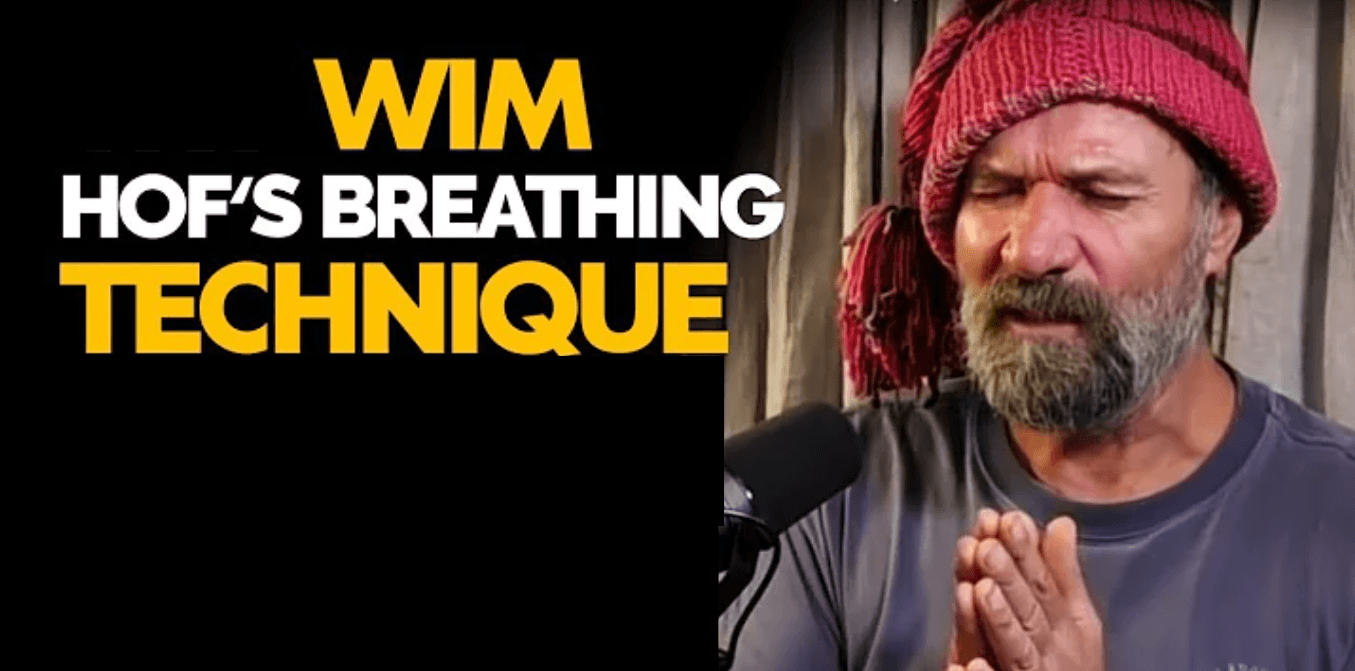
Wim Hof’s Breathing Technique – an Overview
Wim says that if you do three rounds of the following exercise every morning, you will become the master of your chemistry.
However, it is extremely important to note that the following breathing exercises can have a very strong effect and should be only done when in a completely relaxed state, e.g. lying down on a sofa, a bed, or a matt. They should never be done when you’re in the car or a swimming pool, because the heavy breathing may make you feel faint or even lose consciousness for a few seconds.
There are three breathing cycles. Each cycle is divided into three parts:
Part 1: Strongly inhale and lightly exhale 30 times.
Part 2: Hold your breath (after an exhalation) for 1 minute or longer
Part 3: Inhale and hold your breath for 15 seconds
This exercise should be ideally done in the morning, and always on an empty stomach.
Wim Hof’s Breathing Practice Step by Step
Here is Wim Hof’s breathing technique in more detail:
ROUND 1
Part 1: Inhale and exhale 30 times.
When you inhale, you should first inhale into your belly and then into your chest. After that imagine the breath reaching your head.
Breathe fully in, then breathe out with ease. The in-breath should be quite intense – fully in – but the out-breath shouldn’t be forced; don’t try to push all the air out of your lungs. You should just let go with ease.
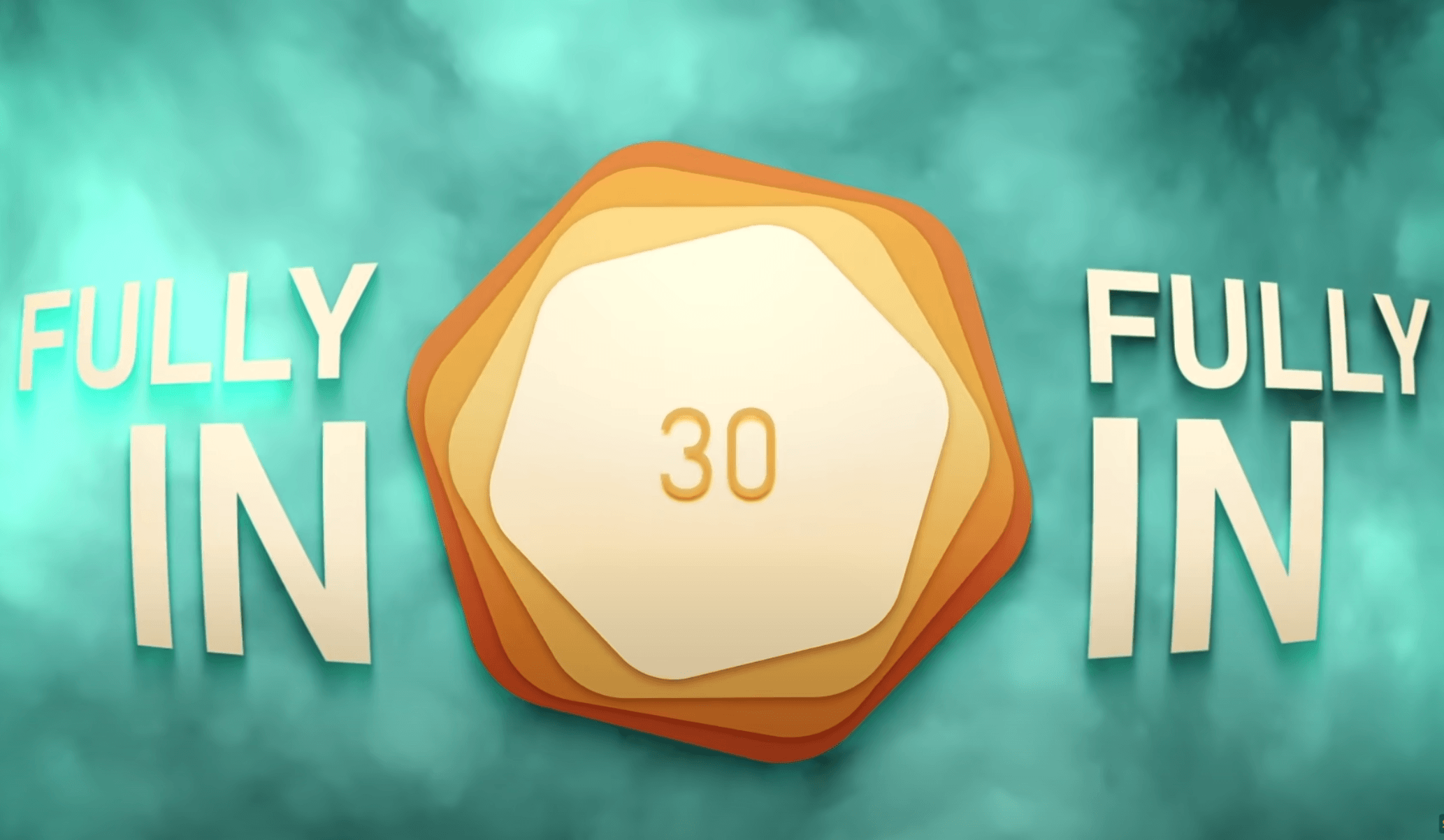
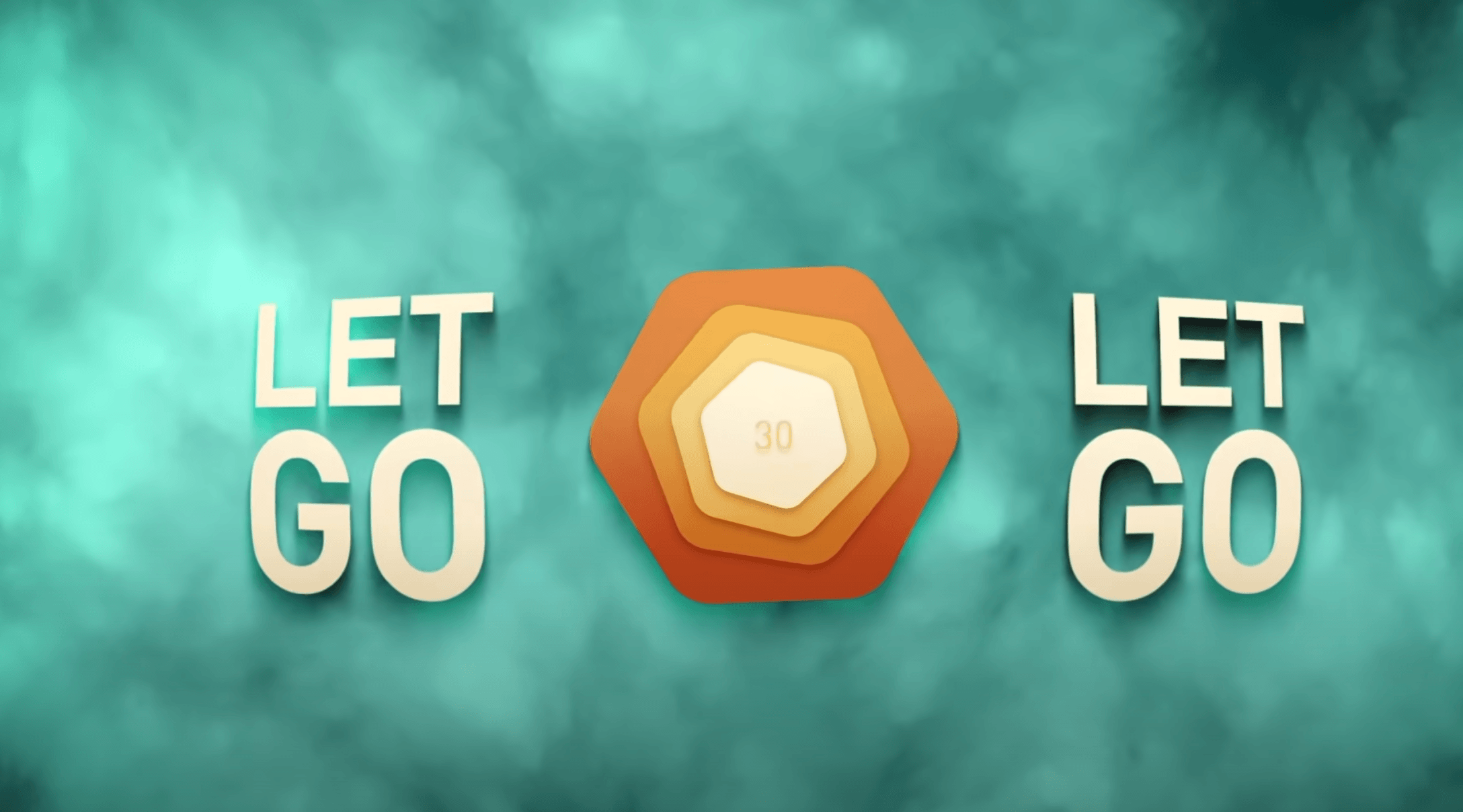
Do this 30 times. (Sitting or lying down, because the breathing may make you feel quite light-headed.) You may also feel tingling.
While you are breathing, you can visualize your breath like a wave reaching the shore. On the in-breath, it reaches the shore with intensity, while on the out-breath it peacefully recedes.
Part 2 – Stop Breathing (After the Exhalation) for 1 Minute
This may seem impossible. It certainly seemed impossible to me at first. However, after about 3 or 4 days I managed to hold my breath for a full minute.
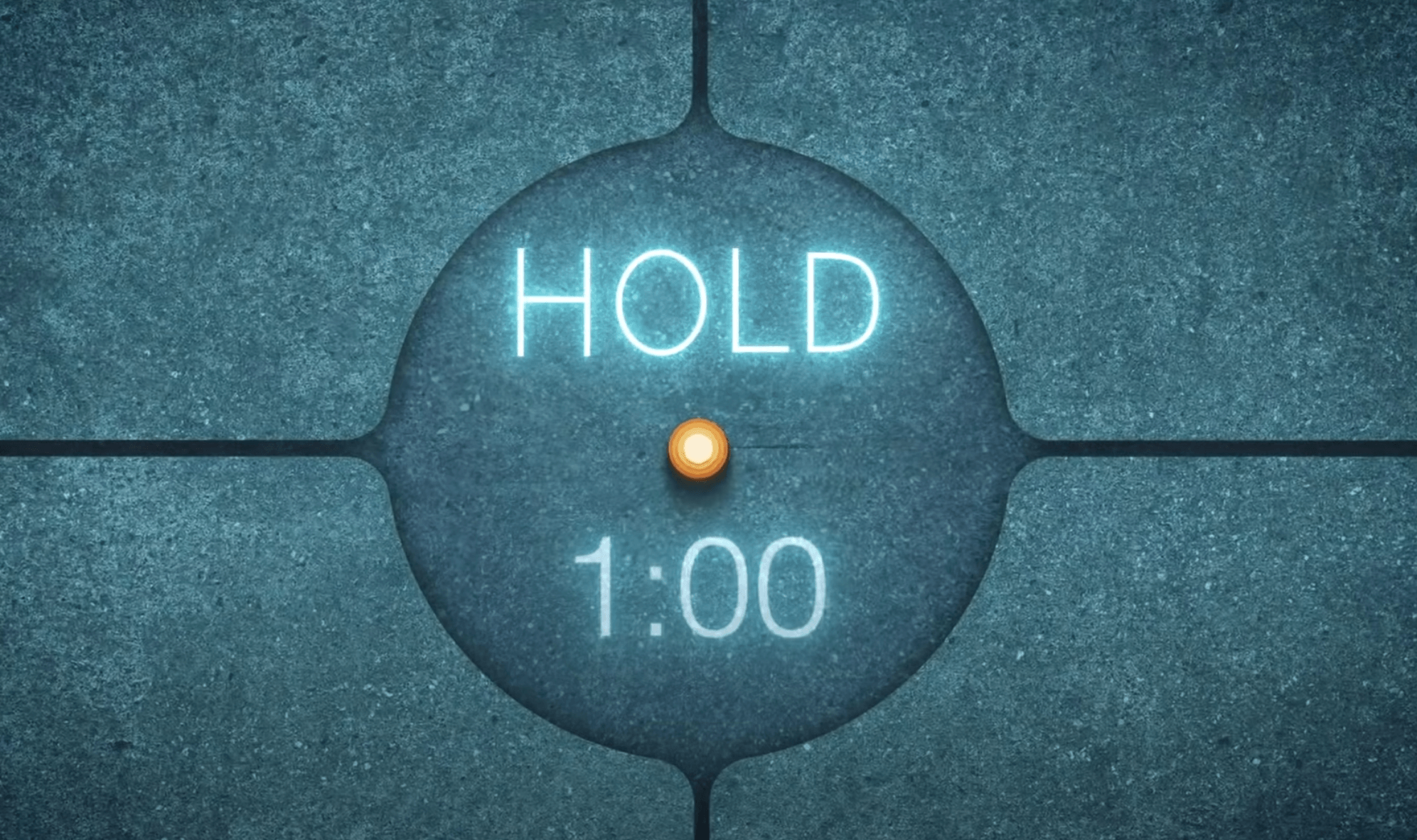
Through the ‘conscious stress’ of being without air for one minute or longer, we are activating the immune system. This is due to the sudden release of adrenalin, which, in this case, is beneficial for our body.
Part 3 – Inhale and Hold Your Breath for 15 Seconds
After staying without breath for one minute, take your well-deserved in-breath, and then hold it for 15 seconds.
You have just completed one cycle (or one round) of Wim Hof’s breathing technique. Now, do two more cycles.
ROUND 2
The second round is the same as the first one, apart from part 2 – the duration of the breath pause after the exhale: Instead of one minute, you’ll stop breathing for 1,5 minutes.
You may think it’s impossible to be without your breath for that long, but you may hold your breath for longer, thanks to your body being relaxed and more oxygen entering your body. And, with more oxygen in your body, your body chemistry will become more alkaline and less acidic.
Part 1: Inhale and exhale 30 times.
Part 2: Stop breathing (after the exhalation) for 1, 5 minute
Part 3: Inhale and hold the breath for 15 seconds
ROUND 3
The third round is the same as Round 2.
Part 1: Inhale and exhale 30 times.
Part 2: Stop breathing (after the exhalation) for 1,5 minute.
Part 3: Inhale and hold the breath for 15 seconds.
Wim Hof says that after round three you will ‘get high on your own supply’ and might want to do an extra round!
A Simple Recap of Wim Hof’s Breathing Technique:
- Breathe in fully / Breathe out lightly (30 times)
- One minute without breathing after the exhalation
- Take a deep recovery breath, and hold for 15 seconds
- Repeat this cycle twice more. After 30 breaths, try to increase the time with no breath in your lungs to 1,5 minutes.
Wim Hof’s Video of the Technique
Here is Wim Hof’s video to guide you through each stage, so you can practice the powerful breathing technique with him. If you are practicing this in the morning (which is recommended), it should power you up for the rest of your day! Enjoy!
Reminder: Do the breathwork only when you can fully relax, and on an empty stomach.
Wim Hof Live
Wim Hof has taught his breathing technique to many, including Russel Brandt, as you can see in the following video:
Learn More from Wim Hof
You can learn much more about Wim Hof’s method from his book The Wim Hof Method. available in several formats – as a book or an eBook, an audio download, or a CD. Visit the section Inspirational Books and Audio for more information.
Share Your Thoughts
I’d love to hear about your take on Wim Hoff’s method. Have you tried it, and if so, with what results? Let me know in the comment below and I’ll look forward to getting back to you.
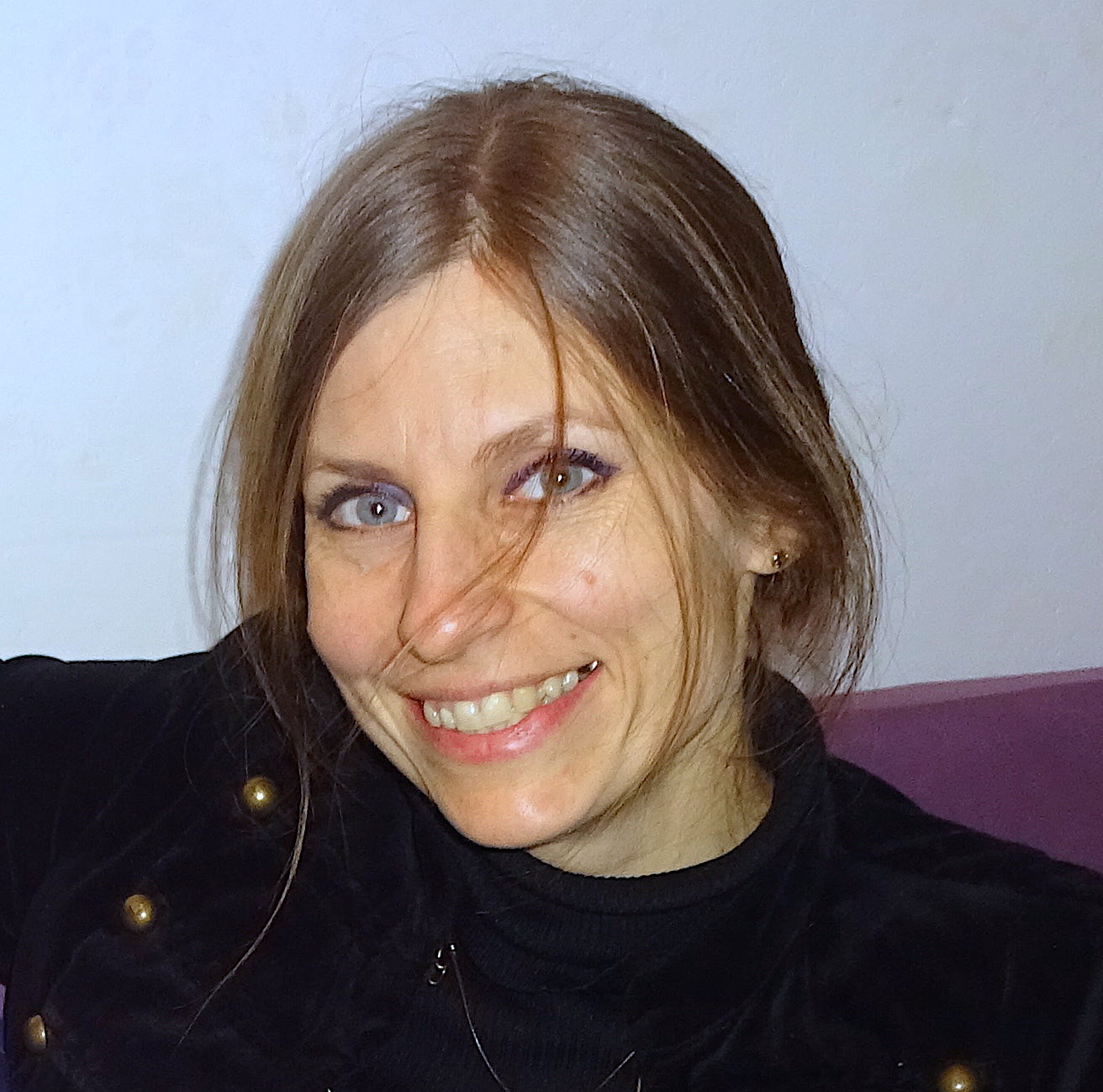
BY LUCIE DUN
This site has been (very happily) built with DIVI, by Elegant Themes.
Disclaimer: Some pages on my website contain affiliate links. This means that if you decide to make a purchase through my links, I will earn a small commission at no extra cost to you. (The full Affiliate Disclosure can be read here.) If you’d like to learn more about affiliate marketing, e.g. how to earn extra income from blogging and promoting products you like and would recommend to others (which is what I do), check out Wealthy Affiliate, my favourite platform for online marketers. Thank you for visiting!
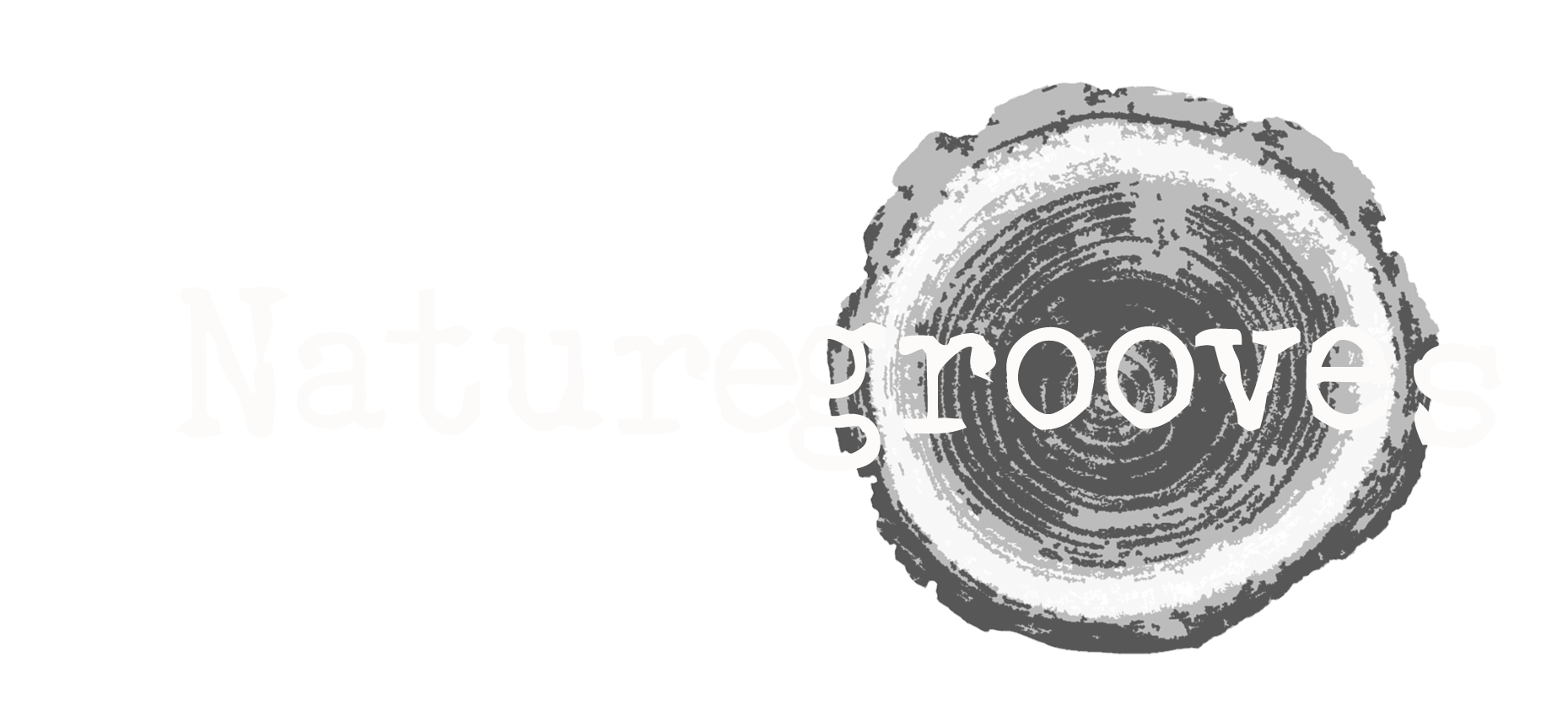






Not many of us take advantage of our self healing powers. I would like to experience the power of breathing practices. I had heard before about this man on a YouTube vidoe and listed to his interview. He is an exceptional man, and I actually believe in his practices. Cold, breathing and mindset are the three components of his method.
People who have followed hie methods have improved their lives and I would like to try them too. In fact, I watched a video of him (he was giving an interview) when I was in deep physical pain because I had a kidney stone. I watched during the moments before seeing a doctor and in which I didn’t know what I really had but I thought I was doing from the pain or something really bad happened to my body. Listening to his interview on YouTube helped a lot.
Good morning, I’m so happy to have read your words! It’s great news that more and more people are aware of Wim Hof’s method and his general message – to help us discover our self-healing abilities. I love that man. I know some other guys who think that Wim is too excentric and that the way he expresses himself is a bit crazy, but I wish people could see beyond it and actually realise what he has achieved AND that he taught other people to reach better resilience and stronger health. I’m very intrigued about his whole method and I’m planning to take an online class with him at some point. At the moment, I am practising the breathing cycles, every morning right after opening my eyes. It is amazing how refreshed and ready to face the day I feel afterwards. As if I had a cup of coffee.
It takes me about 10 – 12 minutes to do the three cycles and it is utterly worth it. Yes, it does require some discipline and willingness to breathe fully in – it is quite intensive, and if you are sleepy in the morning, it’s often very tempting to just slip back to sleep. But you’ll feel much better after the 3 rounds than if you had a snooze. I’m speaking from my own experience because the first few days I tended to drop off back to sleep and it didn’t do me much good. So yes, I’d recommend these breathing practices to everyone! And I can’t wait to discover the other two aspects – the exposure to cold, and the mindset. I’ll write a post about that once I have experimented with those other two techniques.
But back to breathing: I’d like to recommend a few other breathiung techniques that you can do on the go, during the day. Wim Hof’s method is safe to do only when you can fully relax, preferably in bed or on a sofa. It is not recommended to do while out and about, because you may feel a bit lightheaded and it may be hazardous while driving, swimming etc. But there are a few ‘portable methods’ that can help you instantly when you are feeling tired, or need to calm down. I’ve written about them in a post Breathing Techniques for Better Health, and there’s a lovely video of a TED Talk where you can learn three very useful techniques. Good luck with experimenting with it all and may you find it useful!